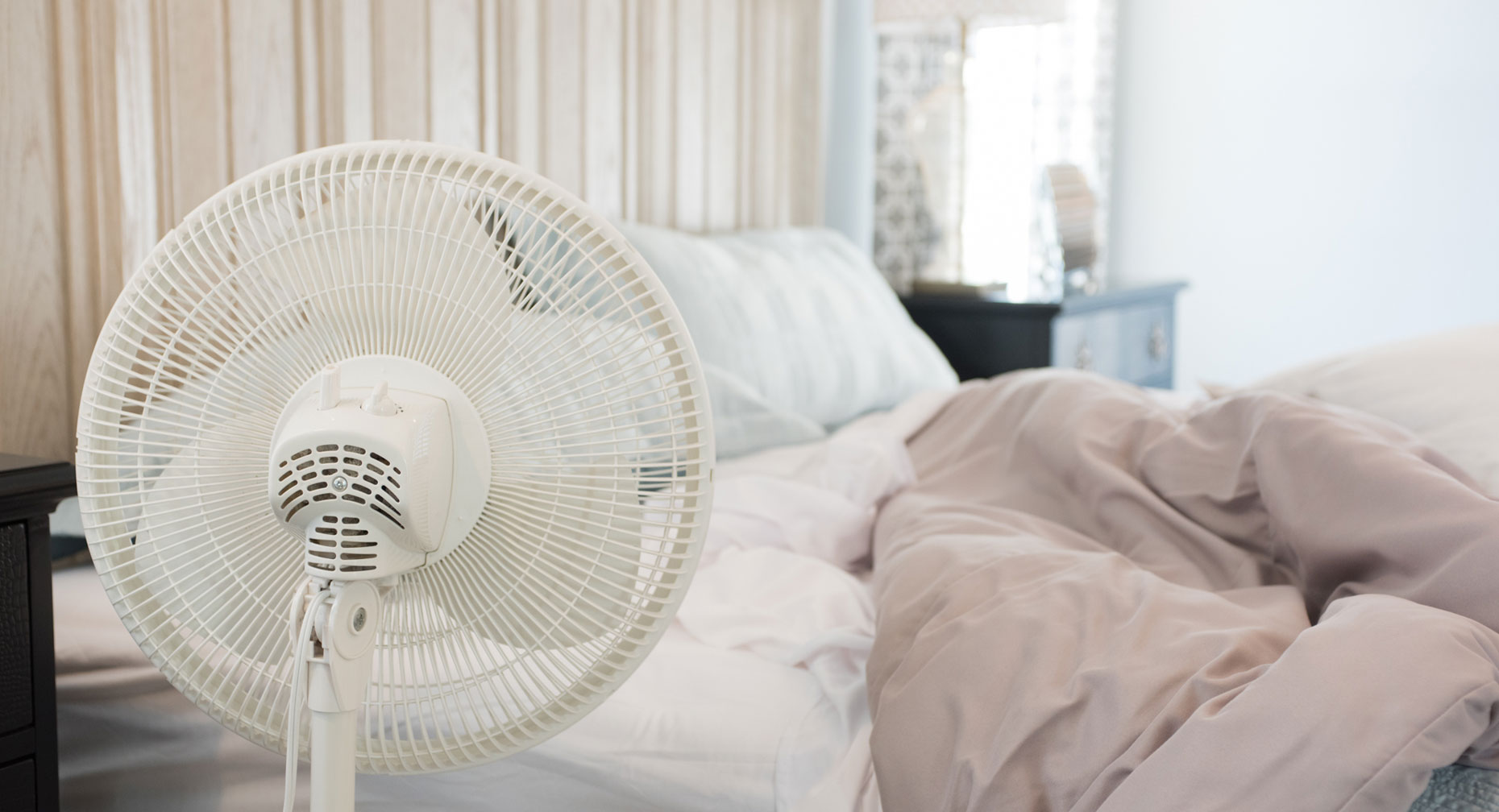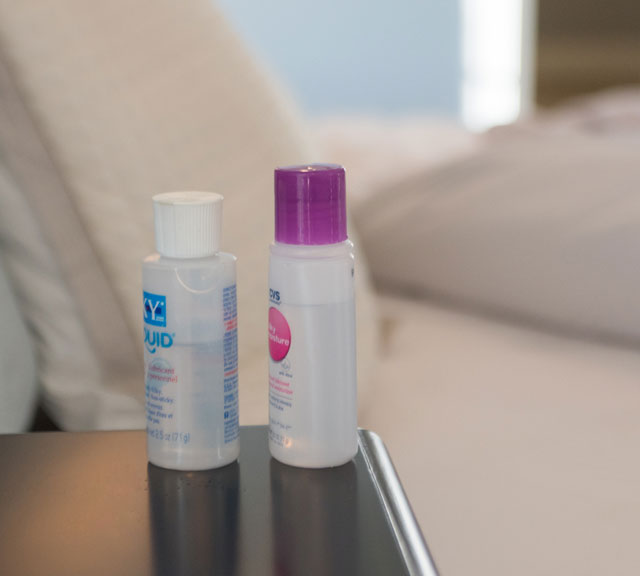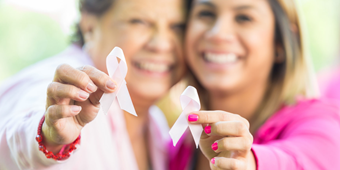Has Menopause Put Your Sexual Mojo on Pause?

Find Your Perfect Match
Answer a few questions and we'll provide you with a list of primary care providers that best fit your needs.
A lot happens to your body during and after menopause – and as you age. It’s not all pretty. But there are ways to get your mojo back!
What works for you and your partner is what matters.
What’s Happening?
At menopause your body produces less estrogen which can leave you wondering what happened to your mojo. Not everyone has symptoms that affect their sexuality, but these are the most common:
- Loss of muscle tone. Estrogen helps maintain muscle tone, so when you have less of it you’ll notice your skin sagging (like on your face and neck), and your breasts may start to droop. You might lose muscle tone in your pelvis that can cause your uterus, bladder and bowel wall to sag into your vagina (prolapse). Symptoms may include aching in your vagina, the feeling that something is about to fall out of your vagina, and painful intercourse.
- Vaginal dryness is typical once your estrogen level decreases. The juices that made your vagina moist when aroused – and made sex comfortable – aren’t as prevalent anymore.
- Low energy. Blame it on the night sweats that disrupt sleep and leave you feeling groggy the next day. Or the weight gain (in all the wrong places). Or the emotional changes that affect your mood. It’s not uncommon for menopause to leave you tired, cranky and wondering what happened to that youthful energy you used to enjoy.
- Sex drive. For most women sex drive decreases gradually with age. It happens to some men too, but women are 2-to-3 times more likely to have a diminished libido.
- Get That Mojo Back!
If menopause is robbing you in these ways, don’t despair. Plenty of women get their sexual mojo back with these tips:
 Talk about it. With your girlfriends (of course!) but especially with your partner and physician. Be open with your partner:
Talk about it. With your girlfriends (of course!) but especially with your partner and physician. Be open with your partner:
- What feels good and what doesn’t?
- What time of day do you feel most relaxed?
- Which positions are more comfortable?
- Do you need more time to get aroused?
- How do you look and feel differently?
- What other ways can you enjoy a physical connection?
- Your physician can help you cope with menopause, but only if you’re willing to be open and honest. For example:
- There are ways to overcome dryness and restore elasticity to your vagina. They include over-the-counter lubricants and vaginal moisturizers, or prescription estrogen creams or pills.
- Your physician will have ideas for dealing with night sweats or hot flashes, and for restoring your energy level.
- If you have symptoms of sagging in your pelvis, by all means let your physician know. There are ways to improve intimacy and pelvic strength and/or repair prolapse with surgery.
- Your physician can offer ideas for boosting your sex drive. Don’t be too shy to ask.
- Remind yourself that there is no “normal.” What works for you and your partner is what matters. Some couples are content to let their sex life diminish at menopause. But others say their desire increased thanks to fewer distractions, more time and privacy, and no worries about getting pregnant. Make it your goal to find a new normal that keeps you satisfied.
Find Your Perfect Match
Answer a few questions and we'll provide you with a list of primary care providers that best fit your needs.
Source: Office on Women’s Health; North American Menopause Society; National Institute on Aging; Familydoctor.org




